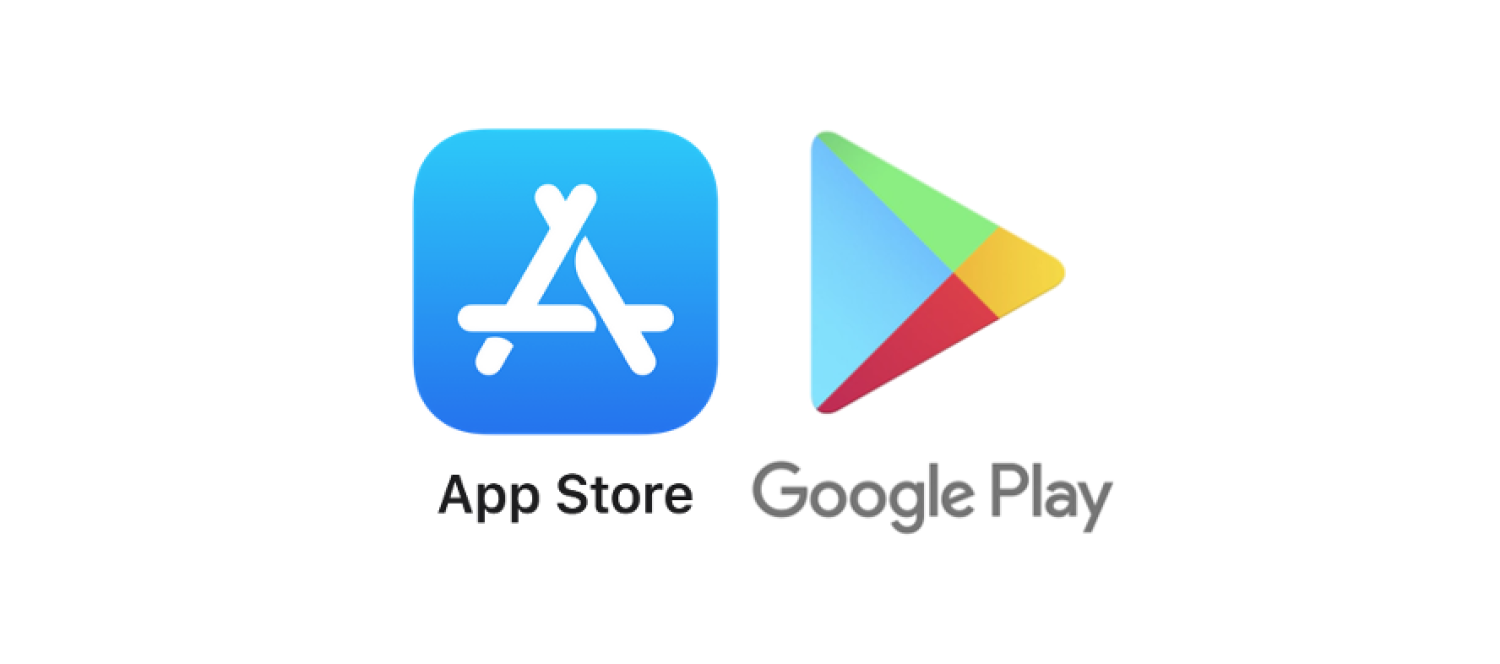How Digital Platforms Can Orchestrate Innovation and Entrepreneurship Through Access Control

Entrepreneurs and startups are increasingly turning to digital platforms nowadays, whether it is about creating a new platform (think Snapchat or TikTok), or providing product offerings and soliciting ideas on an existing platform.
Entrepreneurs and startups are increasingly turning to digital platforms nowadays, whether it is about creating a new platform (think Snapchat or TikTok), or providing product offerings and soliciting ideas on an existing platform. Consider Kickstarter’s platform that features listings of thousands of entrepreneurial projects to connect with the millions of registered backers online, or Apple’s App Store hosting millions of mobile apps published by developers and billions of users of iOS devices. Indeed, digital platforms are now being seen as “semi-regulated” marketplaces that foster innovation and entrepreneurship under the coordination of the platform owner (Kickstarter, Apple). Yet, such coordination is surely easier said than done. Platform owners do not own these product offerings (entrepreneurial projects, apps) or have direct control over their business partners (entrepreneurs, app developers).
So what can a platform owner do to orchestrate the value creation activities of autonomous business partners (in thousands and millions) that are critical to the vibrancy and success of a platform?
This question was the focus of a research paper coauthored by Leeds School’s Strategy & Entrepreneurship professor Tony Tong, in collaboration with two PhD alumni, Yuchen Zhang (currently assistant professor at Tulane University) and Jingjing Li (currently assistant professor at the University of Virginia), recently published in the Strategic Management Journal and previously presented at the National Bureau of Economic Research. The researchers argue that platform owners can use what they call “access control” to shape business partners’ activities.
Specifically, they looked at how such access control in the form of “jailbreaking” shapes app developers’ activities. Apple’s iOS is well-known for adopting a strict gatekeeping policy that controls for what (apps) or who (app develops) have access to the platform. The jailbreak of the iOS is a hacking that exploits loopholes to remove Apple’s built-in restrictions, allowing users to install apps not officially approved by Apple’s App Store. After jailbreaking, many apps that were previously denied by Apple’s App Store can gain access to a sizable number of users of jailbroken iOS devices, exerting a competitive pressure to iOS developers who develop “legit” apps and profit from app sales.
The researchers leveraged the unexpected timing of the jailbreak of iOS 7 in December 2013 to conduct a “natural experiment”. They compared the knowledge sharing activity of iOS app developers (which they consider the treatment group) and the activity of otherwise comparable Android app developers unaffected by the jailbreak (the control group), on StackOverflow.com, an active online forum of software developers. They found that with the jailbreaking, the resulting deficiency in iOS’s gatekeeping—the weakened platform access control—reduced the amount, as well as the quality, of the information shared by iOS app developers. The findings suggest that increased competitive threat—due to the “unauthorized” entry of copycat products into the platform—dampens app developers’ incentives to share knowledge.
In other words, stronger access control, at least in the case of Apple’s iOS, appears beneficial to platform owners, because it facilitates vibrant knowledge sharing among app developers, which should enhance their innovation and product development.
On a broad level, this study highlights that opening platform access too widely to ecosystem partners offering substitutive products can significantly shift the dynamics among them toward a more competitive stance. Such dynamics ultimately shape the success of the platform, and thus are worth paying close attention to, for entrepreneurs and innovators aiming to create a new platform or release their product offerings on an existing platform.
The takeaway?
While openness was often touted as being critical to orchestrating innovation, too much openness—especially to partners with highly similar products or services—may in fact dampen innovation and entrepreneurial activities.







